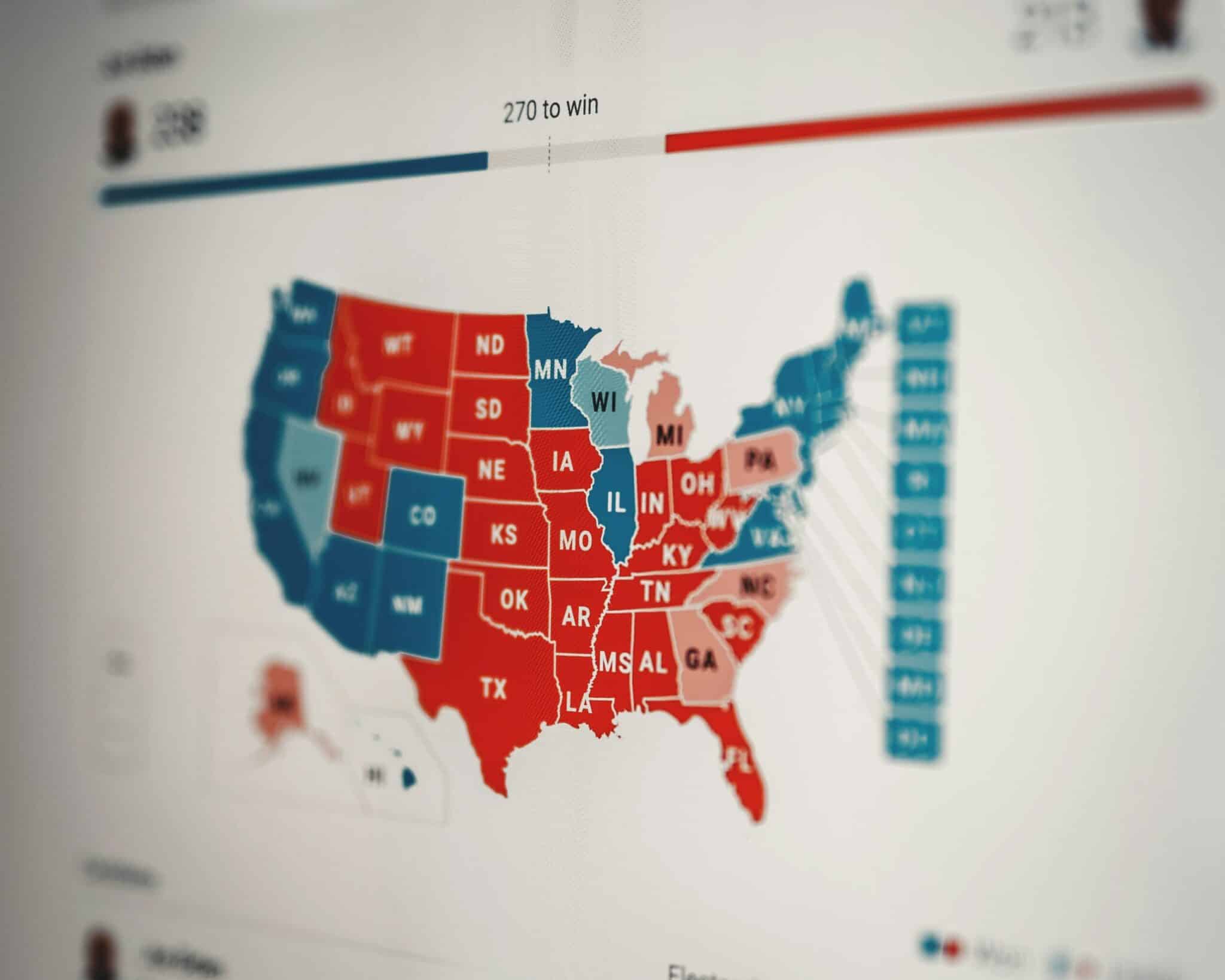The landscape of public health benefits in Southern Republican-controlled states is undergoing a significant shift, with House speakers in Alabama, Georgia, and Mississippi expressing the need to consider expanding coverage for low-income individuals through state-run health insurance programs. This departure from a long-standing resistance to Medicaid expansion and similar initiatives is influenced by various factors, including a historic realignment within the GOP that has seen more working-class voters aligning with the party, driven in part by the populist rhetoric of former President Donald Trump.
This change in attitude has the potential to reshape healthcare in the South, potentially providing coverage for nearly half a million uninsured individuals. The move is seen as a departure from the previous vehement opposition to expanding Medicaid, often rooted in a reflexive aversion to the Affordable Care Act, commonly known as Obamacare.
The three states, Alabama, Georgia, and Mississippi, are now closer than ever to expanding health insurance to low-income individuals. The shift in political perception of such policies indicates a fading political liability and suggests that opposition to Medicaid expansion is softening.
Key figures in these states, such as House speakers Jason White in Mississippi, Jon Burns in Georgia, and Nathaniel Ledbetter in Alabama, have publicly acknowledged the need to reevaluate and consider expanding coverage. Meetings between legislative leaders and Alabama Governor Kay Ivey’s staff have taken place to discuss potential proposals for expanding coverage.
The changing landscape is attributed to various factors, including the closure of rural hospitals in conservative areas, a growing understanding among Republicans that expanding coverage would benefit the working population, confidence that the federal government will fulfill its promise to cover most of the expansion costs, and the frustration of holdout states at missing out on millions in federal funding.
Estimates suggest that the three states could provide health insurance to nearly 470,000 more people through Medicaid expansion. While Texas and Florida remain firmly opposed to the idea, the overall softening of opposition elsewhere marks a significant shift in the political landscape.
The article notes that Medicaid expansion is no longer the political third rail it once was, with 19 states led by GOP governors having expanded Medicaid. Recent leadership changes in Mississippi and Georgia, replacing staunch opponents with figures more open to reevaluating the issue, have created new opportunities for a fresh look at Medicaid expansion.
While approval for Medicaid expansion remains an uphill battle in these states, the evolving political paradigm suggests a potential opening for governors to shift their stance on the policy. However, in states like South Carolina, Wyoming, and Kansas, the prospects for Medicaid expansion appear less promising, with deep divides and strong opposition among Republican leaders.
In conclusion, the article highlights a noteworthy shift in the attitudes of Southern Republicans towards Medicaid expansion, driven by changing demographics, economic considerations, and a reassessment of the policy’s political implications. This shift has the potential to impact healthcare access for hundreds of thousands of low-income individuals in the region.

